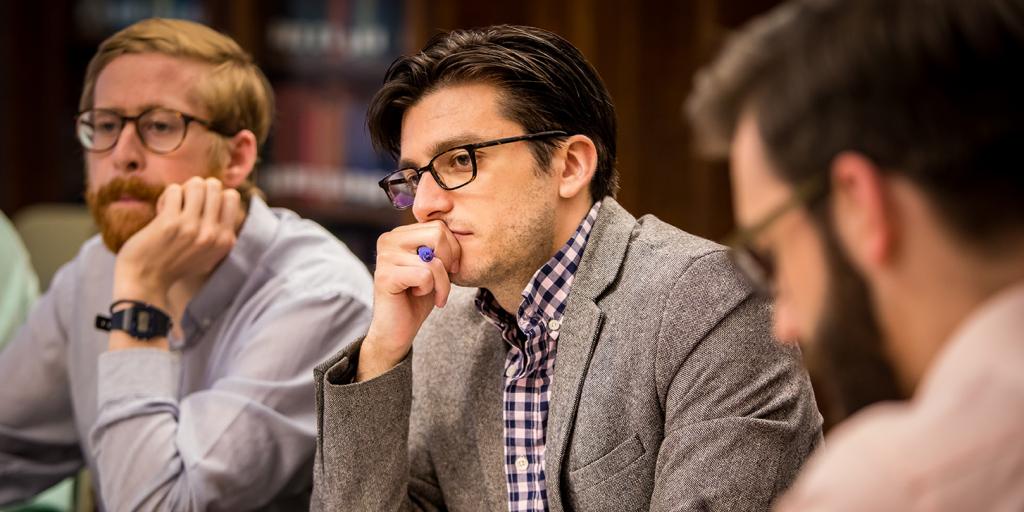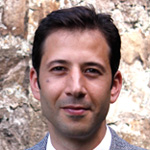

People tend not to object when I say that there’s a sort of education that sets a person free. But suppose, by an extension of logic, I also then suggested that there is a sort of education that is programmatically enslaving. What would you say to that?
It’s all very dramatic, the language of slavery and liberty—the suggestion that an undergraduate education could make this kind of difference to a student. Yet this is precisely what is behind the idea of the Liberal Arts. For most of the last three thousand years, many Western educational theorists have argued that the foundation of both a free life and a free society was a liberal arts education, which reminds me of a dinner party I once attended some years ago.
I was more than an hour late for the party—though I don’t remember why. When I did finally arrive I was introduced to everyone, most of whom I didn’t know. I found that my arrival had interrupted a conversation that was already well underway. Once we all settled in again, the conversation resumed. Of course, having entered at half past six a conversation which had been going on since five, I was completely lost. Try as I did, I couldn’t get my bearings. I found myself in the midst of a grand conversation which I was at the same time both incapable of contributing to and incapable of understanding.
And this is precisely the point. There’s a grand conversation underway—about what is most important. The only way to participate intelligently is to start at the beginning, with the ancients—the Bible, the Greeks, the Romans—otherwise we’ll be in the dark as we move into deeper things and we’ll be slaves to our own misunderstanding.
The sad thing is, for a lot of people, slavery is preferred. What about you?
 Author:
Author:
Jonathan Yonan
Former Dean of the Templeton Honors College








